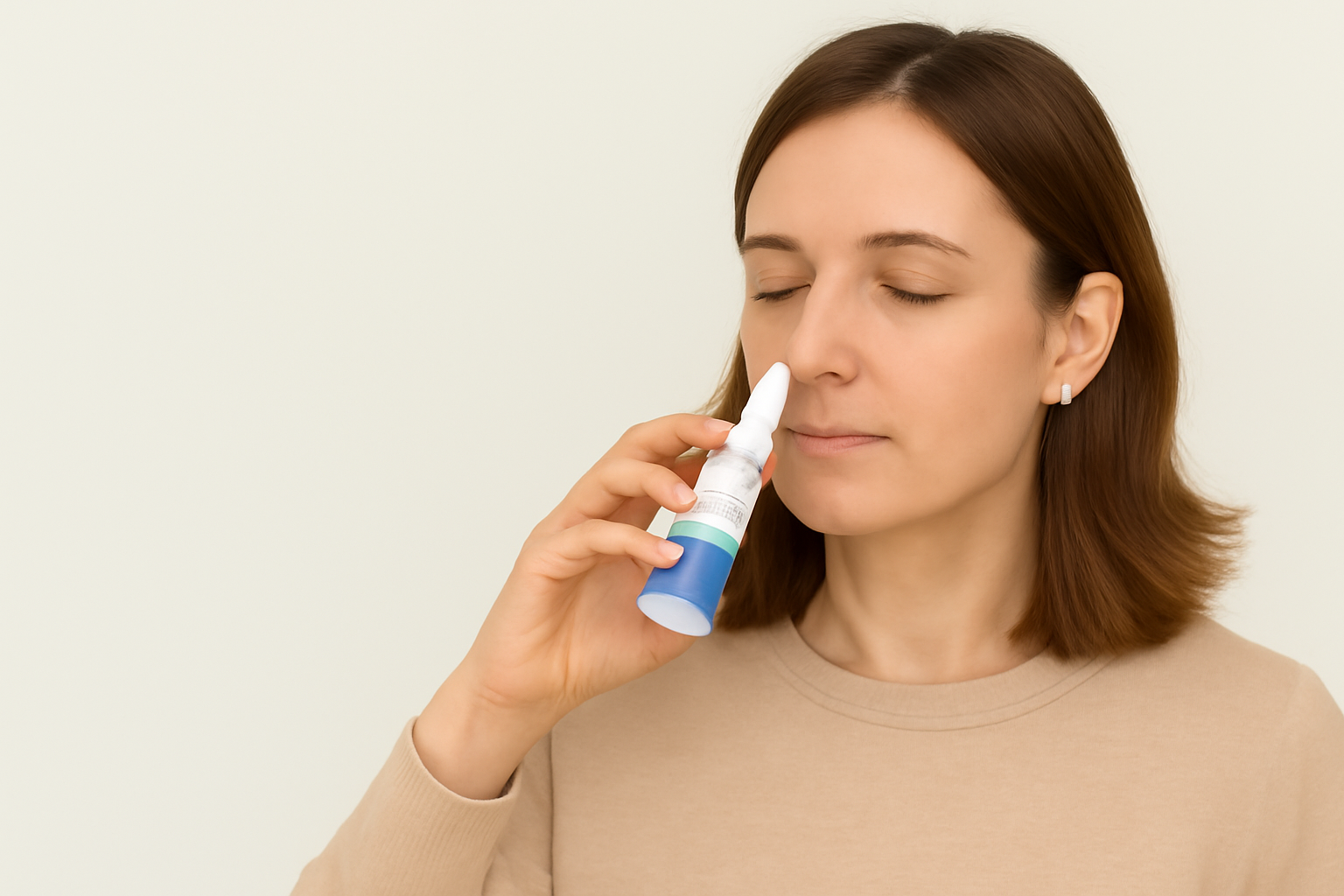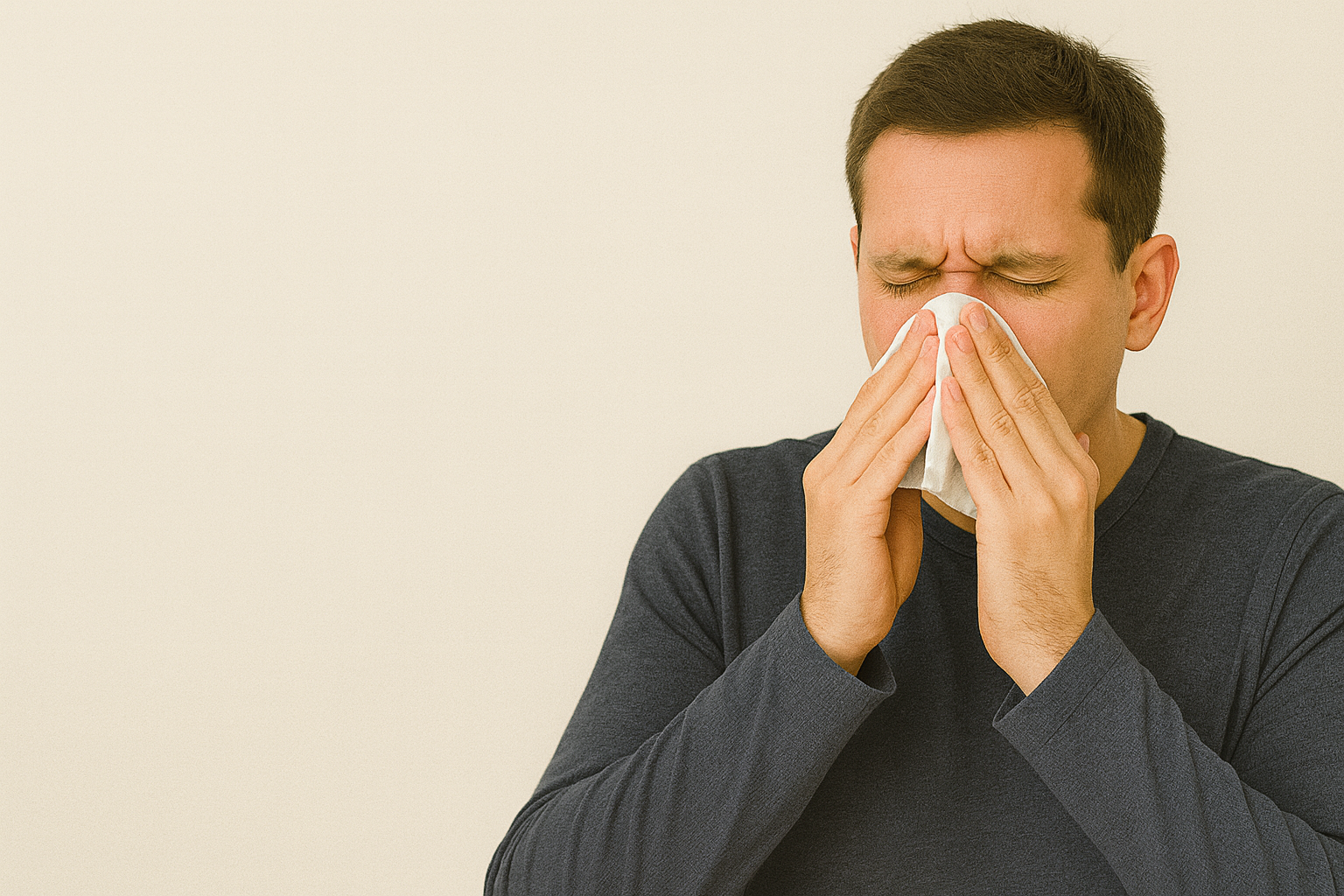Understanding the Common Cold
The common cold is caused by more than 200 types of viruses, most commonly rhinoviruses. These viruses spread through droplets in the air, contaminated surfaces, and even direct contact.
Once they enter your nasal passages, they attach to the mucous membrane and begin replicating—triggering symptoms such as sneezing, congestion, sore throat, and mild fever.
Because so many viruses can cause colds, there’s no single “cure.” The key lies in prevention and early symptom management.
Prevention: Simple Steps to Stay Ahead
Keeping the common cold at bay doesn’t require complicated measures. Small, consistent habits make the biggest difference:
- Practice nasal hygiene: Regularly cleansing your nasal passages with a gentle antiseptic or saline spray can help flush out pathogens before they cause infection.
- Wash your hands often: Hand hygiene remains one of the most effective defenses.
- Avoid touching your face: Viruses often enter through the nose and mouth after contact with contaminated surfaces.
- Support your immune system: Get enough sleep, stay hydrated, and eat a balanced diet rich in fruits, vegetables, and zinc.
- Use a protective nasal spray: Studies have shown that certain povidone-iodine (PVP-I) nasal formulations may reduce viral load and support nasal health.
Early Treatment: Act Fast at the First Sign
If you start feeling congested or develop a sore throat, early care can minimize symptoms and help you recover faster:
- Rest and hydrate: Give your body time to heal and flush out toxins.
- Use a nasal spray or rinse: PVP-I or saline sprays can soothe irritation and clear mucus buildup.
- Steam inhalation: Warm, moist air can help open nasal passages and ease breathing.
- Over-the-counter remedies: Use mild decongestants or pain relievers if necessary—but always follow medical advice.
By acting early, you can often shorten the duration of symptoms and prevent the infection from worsening.
Why This Matters
The common cold might seem harmless, but recurring infections can weaken your respiratory defenses, making you more vulnerable to serious conditions like sinusitis or flu.
A proactive routine—including good hygiene and early symptom care—keeps your nasal passages clear and your immune system resilient.
Final Thoughts
The best way to beat the common cold is to stay ahead of it. Regular nasal care, healthy habits, and prompt symptom management can make a big difference in how often you get sick—and how fast you recover.
If you’re looking for a safe and effective way to keep your nasal passages clean, you can explore the Immunemist Nasal Cleanse designed to support your natural defenses and promote daily respiratory wellness.



.png)


.png)